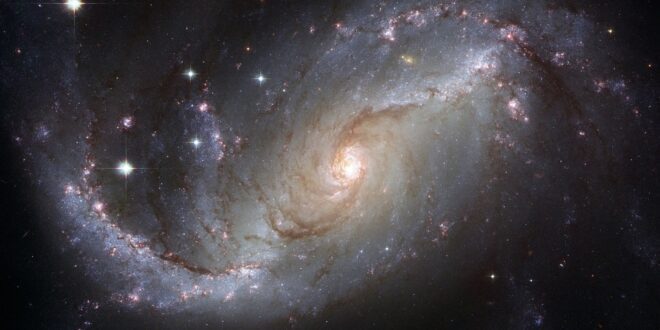10 Fascinating Space Discoveries That Will Amaze You
The TRAPPIST-1 System
The TRAPPIST-1 system was discovered in 2017, and contains seven Earth-sized planets orbiting a red dwarf star, only 40 light years away from our solar system.
The Oumuamua Object
Oumuamua is an interstellar object that passed through our solar system and was discovered in 2017. It is the first known space rock to originate outside our solar system.
The Gravitational Wave Detection
In 2015, the first-ever detection of gravitational waves – disturbances in the fabric of space-time – was made by the Laser Interferometer Gravitational-Wave Observatory (LIGO) in the US.
The Water on Mars
In 2018, scientists found evidence of a 20-kilometre-wide subglacial lake on Mars, raising the possibility that life may exist on the planet.
The Proxima Centauri b Planet
In 2016, scientists discovered Proxima Centauri b, an exoplanet orbiting the closest star to our sun, which may be habitable.
The James Webb Space Telescope
The James Webb Space Telescope, set to launch in 2021, is the largest, most complex, and powerful telescope ever built. It will explore deep space and potentially allow us to see the first stars and galaxies that formed after the Big Bang.
The New Horizons Mission
In 2015, NASA’s New Horizons spacecraft flew by Pluto and its moons to provide us with the first-ever high-resolution images of Pluto’s surface, giving us new insights into the solar system.
The Seven Ancient Supernovae Discovery
Astronomers recently discovered the light from seven ancient supernovae, the most distant of which is the oldest supernova ever seen, at 10.5 billion light-years away.
The ALMA Observatory
The Atacama Large Millimeter/submillimeter Array (ALMA) is a powerful telescope system that allows scientists to study deep space and observed the early universe.
The Exploding Stars That Could Map The Universe Discovery
Astronomers are using exploding stars called Type Ia Supernovae to create a 3D map of the universe’s large-scale structure, revealing that the universe is expanding at an accelerating rate.
 Mind Uncharted Explore. Discover. Learn.
Mind Uncharted Explore. Discover. Learn.



